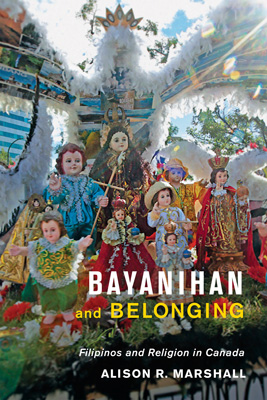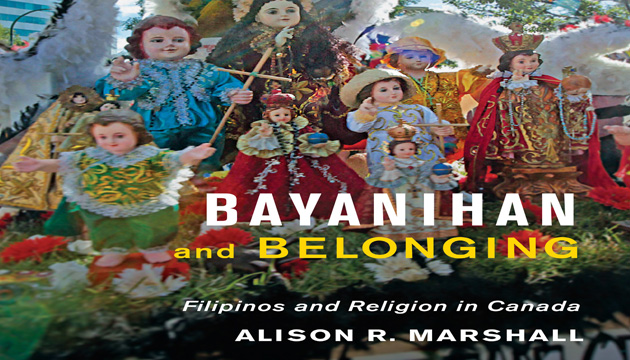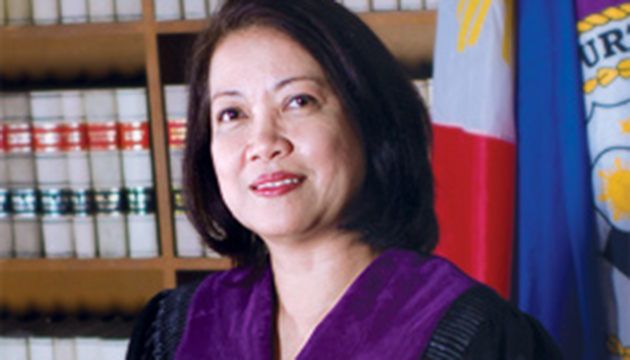A newly-published book finds a correlation between Filipino religiosity and the Filipino migrant experience in Canada.
Bayanihan and Belonging: Filipinos and Religion in Canada is the result of extensive archival and ethnographic research both in Canada and in the Philippines from 1880 to 2017. With a focus on Winnipeg, the book explores current church-based and domestic religious routines and the day-to-day celebrations of bayanihan, or communal spirit among migrant Filipino Catholics in Manitoba.
The book’s author, Dr. Alison Marshall, tells Canadian Filipino Net that for most Filipinos, a strong correlation exists between religion and successful migration and settlement. 
“Religion softened landings and provided a springboard to successful integration,” Marshall observed. “Settlement experiences were most positive and successful in larger urban settings with welcoming churches and communities.”
Marshall is a Brandon University professor teaching Asian religion. She has written numerous books on Chinese Canadian history. Bayanihan and Belonging is her first work on Filipino culture and the first of its kind in Canada.
Marshall started teaching at Brandon University 18 years ago. She noticed an unusually high number of Filipinos in her classes. With her curiosity piqued, Marshall conducted preliminary researches about the Filipino migration group to the prairies and discovered that there was very little material on the topic.
“When I told people that I was interested in researching Filipino thought and culture in Canada, people said there was nothing to study, that Filipinos were just Christians with a colonial past,” she recalls. “As soon as I heard that, I was convinced that I had to learn more about this area.”
Marshall is proficient in Mandarin Chinese and had the advantage of interpreting historical, archival materials throughout prairie Chinatowns. She does not, however, have the same advantage when she conducted research for Bayanihan and Belonging.
“With the Filipino research, I did not have the advantage of speaking or reading the language and the research was much more difficult because so much less work had been previously done,” Marshall confesses. She adopted a feminist ethnographic method instead that allowed research participant voices tell the story.
Marshall hopes to research and write more about the fallacy of secularism in the western world. She asserts, “Religion is everywhere. It is embedded in global cultures, not just here in North America but everywhere.”
Bayanihan and Belonging: Filipinos and Religion in Canada is published by the University of Toronto Press.













